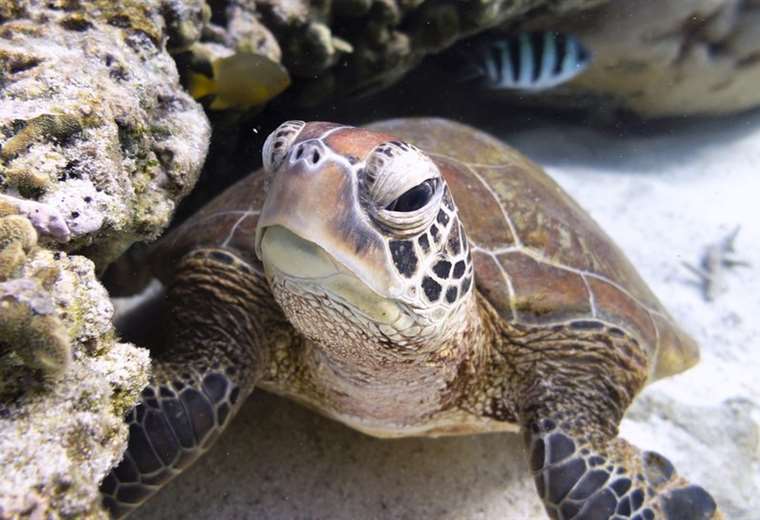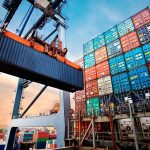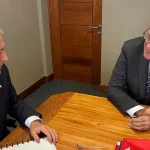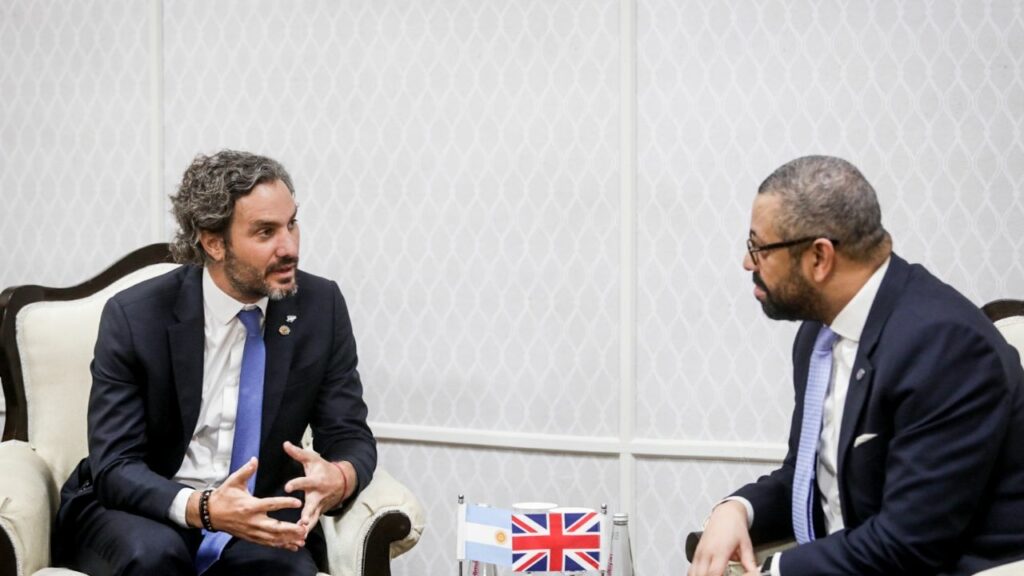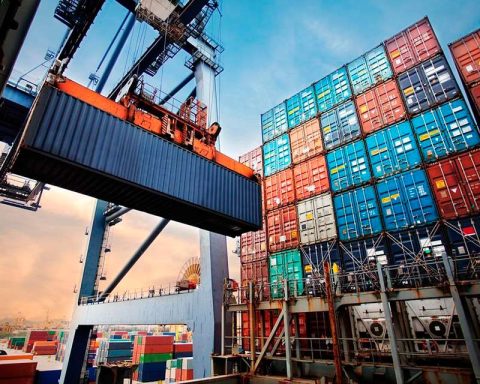March 5, 2023, 7:55 AM
March 5, 2023, 7:55 AM
Nations have reached a historic agreement to protect the world’s oceans after 10 years of negotiations.
The High Seas Treaty converts 30% of the oceans into protected areas by 2030, with the aim of safeguarding and recovering marine nature.
The agreement was reached on Saturday afternoon, after 38 hours of talks, at the UN headquarters in New York.
Negotiations had been delayed for years by disagreements over financing and fishing rights.
The last international agreement on the protection of the oceans was signed 40 years agoin 1982: the United Nations Convention on the Law of the Sea.
The marine life that lives outside of these protected areas has been threatened by climate change, overfishing and maritime traffic.
According to the International Union for Conservation of Nature (IUCN), in the latest assessment of the world’s marine species, almost 10% were in danger of extinction.
These new protected areas, established in the treaty, will put limits on fishing, navigation routes and exploration activitiessuch as deep-sea mining, in which minerals are extracted from a seabed 200 meters or more deep.
Environmental groups are concerned that extraction processes could disrupt animal breeding grounds, create noise pollution and be toxic to marine life.
The International Seabed Authority, which oversees licensing, told the BBC that “any future activities on the seabed will be subject to strict environmental regulations and supervision to ensure that it is carried out in a sustainable and responsible manner”
That agreement established a zone called the high seas – international waters in which all countries have the right to fish, navigate and investigate – but only 1.2% are protected.
Rena Lee, UN Ambassador for the Oceans, lowered the hammer after two weeks of negotiations that at times threatened to unravel.
Minna Epps, director of the IUCN Oceans team, explained that the main problem was the sharing of marine genetic resources.
Marine genetic resources are biological material from ocean plants and animals that can have benefits for society, such as pharmaceuticals, industrial processes, and food.
Wealthier nations now have the resources and funding to explore the deep ocean, but poorer ones want to make sure the benefits they find are shared fairly.
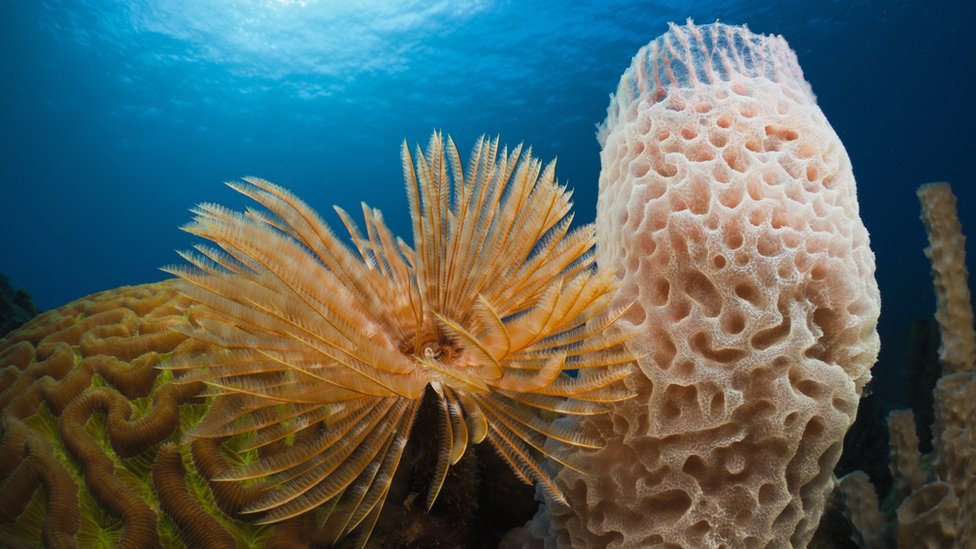
Robert Blasiak, an ocean researcher at Stockholm University, said the challenge is that no one knows how much ocean resources are worth, and therefore how they might be divided up.
“If we imagine a widescreen high-definition TV, where only three or four pixels work, that’s our knowledge of the ocean depths. We have recorded some 230,000 species in the ocean, but it is estimated that there are more than two million,” he added. .
The countries will have to meet again to approve the agreement and then they will have a lot of work to do before the treaty can be implemented.
Liz Karan, director of the Pews Trust’s ocean governance team, told the BBC: “It will take some time to come into force. Countries have to ratify it [adoptarlo legalmente]. Then you have to create many institutional bodies, such as the Scientific and Technical Committee.”
Remember that you can receive notifications from BBC Mundo. Download the new version of our app and activate them so you don’t miss out on our best content.
